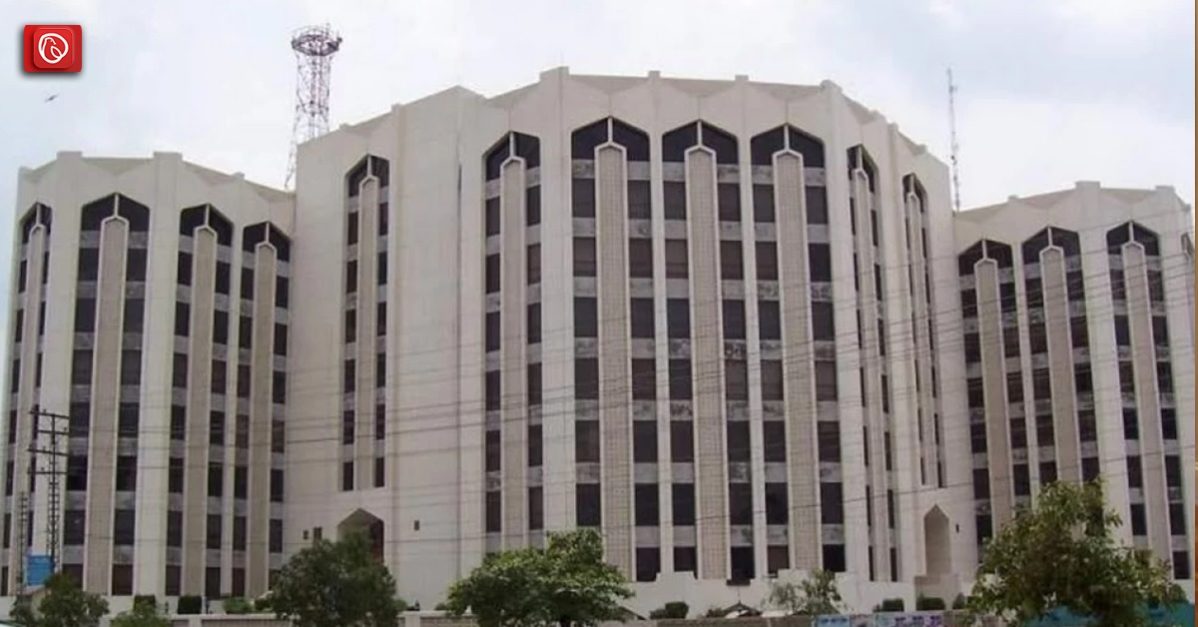
The Aiwan-e-Iqbal is a cultural centre that pays tribute to the great poet and philosopher Dr. Allama Iqbal. The complex is a must-visit destination for anyone wanting to explore the rich cultural heritage of Pakistan. In this blog, Graana.com brings you a comprehensive guide to the Aiwan-e-Iqbal complex.
The Punjab government first proposed the idea for the Aiwan-e-Iqbal in the 1970s. The aim was to establish a cultural centre that would promote Pakistan’s cultural and intellectual activities. The centre was to be named after Dr. Allama Muhammad Iqbal, one of the most famous personalities of Pakistan. The project was delayed due to political and financial challenges.
It was not until 1984 that the Aiwan-e-Iqbal was finally inaugurated by the then-Prime Minister of Pakistan, Muhammad Khan Junejo. The complex was built on a plot of land measuring 28 acres in the heart of Lahore. The construction of the complex was funded by the government of Punjab and various private donors.
The Aiwan-e-Iqbal complex comprises several buildings: a library, museum, art gallery, conference hall, and research centre. The complex also features beautiful gardens, fountains, and sculptures that add to its aesthetic appeal.
The library at Aiwan-e-Iqbal was established in 1984 and is one of Pakistan’s largest and most well-equipped libraries. It houses over 100,000 books, including rare manuscripts, documents, and other resources related to the life and work of Dr. Allama Iqbal. The library also has a digital database that allows visitors to access the library’s resources online.
The Aiwan-e-Iqbal holds significant cultural and historical significance for the people of Pakistan. Here are some of the reasons why:
The complex is a tribute to Dr. Allama Iqbal, one of the most important literary figures in the country’s history. Iqbal holds the revered title of the “spiritual father” of Pakistan, and his poetry played a pivotal role in motivating the people of Pakistan to strive for their independence.
The Aiwan-e-Iqbal celebrates Iqbal’s life and work and pays homage to his contributions to Pakistan’s cultural and intellectual heritage.
The Aiwan-e-Iqbal complex is home to several institutions dedicated to preserving and promoting Pakistan’s rich cultural heritage. The library, museum, and art gallery are all important resources for researchers, scholars, and enthusiasts who want to learn more about Pakistan’s cultural history.
The Aiwan-e-Iqbal is an intellectual hub that hosts conferences, seminars, and workshops on various topics related to art, culture, and education. The conference hall has state-of-the-art facilities, making it an ideal venue for hosting academic and cultural events.
The Aiwan-e-Iqbal complex is an important educational resource for students of all ages. The library is home to over 100,000 books and other resources related to Allama Iqbal’s life and work, making it a valuable resource for researchers and scholars. The museum and art gallery are also essential resources for students who want to learn more about Pakistan’s cultural history and the life and work of Dr. Allama Iqbal.
The Aiwan-e-Iqbal complex has become a national symbol of Pakistan’s cultural and intellectual heritage. The complex is a popular destination for locals and tourists, often used as a backdrop for cultural and political events.
Spread over 125 acres, the Aiwan-e-Iqbal complex encompasses several buildings, including a library, museum, art gallery, conference hall, and research centre. The complex blends modern and traditional architectural styles, drawing inspiration from Mughal and Islamic designs.
A central courtyard embellished with stunning gardens and fountains serves as the focal point of the complex. The buildings, constructed with red sandstone, exude a distinctive and refined appearance.
The Aiwan-e-Iqbal library is one of Pakistan’s largest and most well-equipped libraries in Lahore. It has a collection of over 150,000 books, including rare manuscripts, newspapers, and periodicals. The library also has a digital section that provides access to online databases, e-books, and e-journals.
The museum and art gallery showcase the life and work of Dr. Allama Iqbal. The museum has a collection of Iqbal’s personal belongings, including furniture, clothing, and other items. The art gallery displays paintings, sculptures, and other artwork related to Iqbal’s life and work.
The museum and art gallery hold significant importance for anyone interested in the life and work of Dr. Allama Iqbal.
The conference hall is a modern facility accommodating up to 600 people. It has modern audio and visual equipment, making it an ideal venue for conferences, seminars, and workshops.
The research centre actively promotes research and scholarship on the life and work of Dr. Allama Iqbal. The centre has a collection of rare manuscripts, documents, and other resources related to Iqbal’s life and work. It also offers research fellowships and scholarships to scholars and researchers who wish to research Iqbal’s life and work.
In conclusion, Aiwan-e-Iqbal Lahore is a cultural centre that pays tribute to the great poet and philosopher Dr. Allama Iqbal. The complex is a hub of cultural activities and has played a significant role in promoting the arts and literature of Pakistan.
For more information, visit Graana.com.
ISLAMABAD: Capital Development Authority (CDA) is currently undertaking a major Rs652 million project to upgrade…
Karachi – Mayor Barrister Murtaza Wahab has announced the launch of a citywide anti-encroachment operation…
ISLAMABAD: CDA Chairman Muhammad Ali Randhawa has directed the immediate restoration of 23 non-functional water…
ISLAMABAD: In a major relief for the real estate sector, the federal government has decided…
DHA Islamabad-Rawalpindi (DHAI-R), one of the most trusted names in Pakistan’s real estate landscape, is…
ISLAMABAD: Chairman Capital Development Authority (CDA), Muhammad Ali Randhawa, chaired a comprehensive review meeting on…